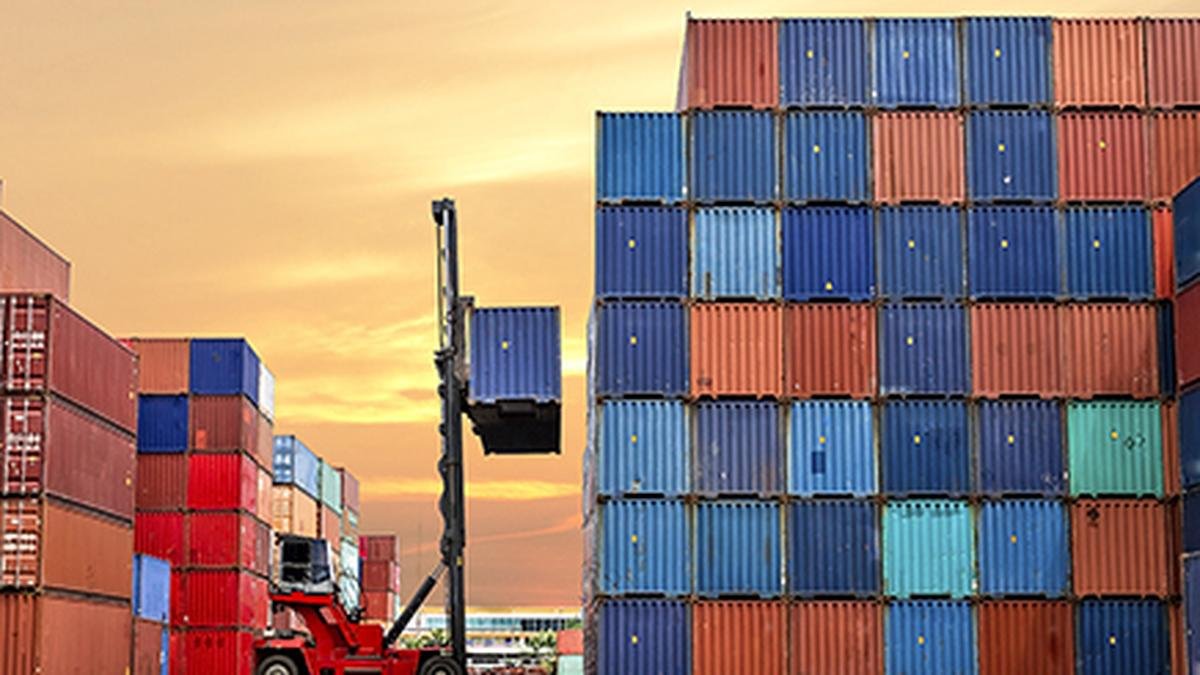Engineering goods exporters ask RBI for cheap credit for at least small and micro units


Indian exporters of goods (except those exempted such as pharmaceuticals and smartphones) have been hit by 50 per cent tariffs, which includes 25 per cent penalty for the country buying Russian oil and defence goods
| Photo Credit:
bugphai
Engineering goods exporters have sent a follow up letter to RBI governor Sanjay Malhotra following Thursday’s meeting on ensuring cheap credit flow to the export sector. The exporters have emphasised that the interest equalisation scheme, which provides subsidised loans, should be reinstated for all or at least for small and micro units given their vulnerability due to stiff US taxes.
“The engineering goods sector is anticipating a significant loss in exports following the reciprocal tariffs (including Section 232 tariffs) and the additional 25 per cent tariffs. The US market accounts for around $20 billion of engineering goods exports, which is about 45 per cent of total exports from the sector annually. The government needs to step in urgently with support,” Pankaj Chadha, Chairman, EEPC told businessline.
Indian exporters of goods (except those exempted such as pharmaceuticals and smartphones) have been hit by 50 per cent tariffs, which includes 25 per cent penalty for the country buying Russian oil and defence goods.
Exporters noted that discontinuation of the interest equalisation scheme since December 2024 has led to a substantial increase in financing costs. “EEPC India urges the Government to reinstate the IES, particularly for MSME, or at least for the SME manufacturing units in the engineering sector,” he said.
EEPC also flagged the challenges faced by MSME exporters regarding collateral-free loans for export financing. “MSMEs continue to face difficulties when seeking finance from banks and financial institutions, where high collateral requirements persist. Additionally, the credit rating system used by banks to determine collateral and interest rates disproportionately affects MSMEs. As a result, MSMEs end up paying higher interest rates besides providing substantial collateral,” he said.
Chadha further pointed out that due to the US exposure of engineering exporters, their credit ratings have been affected. He said that rating agencies should not consider the US exposure of companies while calculating their credit rating at least for this year.
EEPC also made a case for assistance from the government in form of scrips. “It has been observed that the average difference of duty between India and its competing nations is on an average 30 per cent. While the industry can absorb 15 per cent of the tariff, it will be very helpful if there is support from the government for the remaining 15 per cent either in the form of scrip or by getting exchange conversion at the REER rate of exchange,” Chadha said.
Published on September 12, 2025



